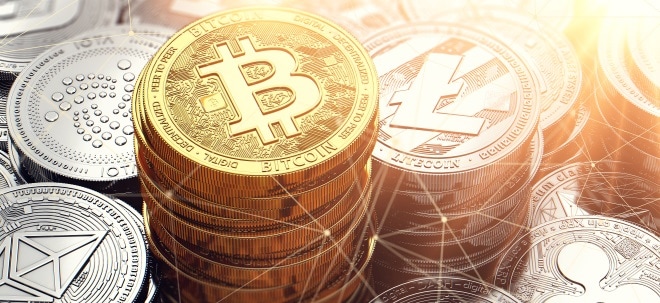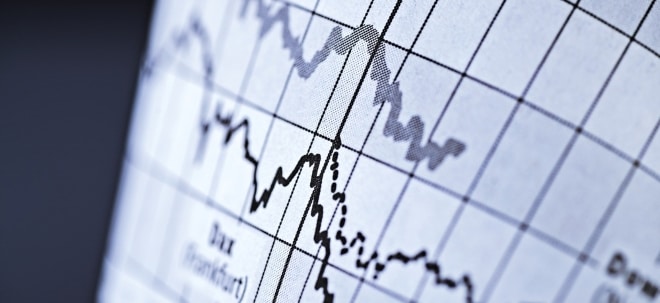An alarming disconnect: Global study by Back to Blue reveals urgent need for ocean literacy
- A global study has recently revealed consistently low ocean literacy levels in 18–24-year-olds across 35 countries.
- 75% of young people are concerned about our ocean's health, yet 61% believe deforestation and other climate issues should be prioritised over ocean conservation.
- Young people have high expectations for governments, NGOs, and local communities but low expectations for businesses, highlighting a misunderstanding about who holds responsibility for ocean pollution.
NICE, France, June 7, 2025 /PRNewswire/ -- World Ocean Day serves as a vital reminder to protect our oceans. A global study by world-leading ocean health initiative of Economist Impact and The Nippon Foundation, Back to Blue, has recently uncovered a concerning disconnect between young peoples' recognition of the ocean's vital role in climate change, and the measures required to protect and restore it.
A large majority of young people are concerned about the ocean's health and believe it can protect us from climate change, yet they place a higher priority on protecting forests, tackling air pollution and freshwater scarcity.
Results from the 3,500 respondents in 35 countries found that 75% of 18-24 year olds are concerned about the state of ocean health. Yet, few acknowledge the jeopardy the ocean is in, nor the ways in which this can be prevented because despite concerns for the ocean, almost half (47%) of young people think the ocean is still healthy. The Dominican Republic, Puerto Rico and The Philippines are among some of the top countries that believe this, when each is struggling with plastic pollution, coral reef degradation and habitat loss.
It strongly indicates that young people do not fully fathom the dire conditions of our oceans. This is also evident in the fact that 50% of young people do not understand how the ocean impacts them and how they, in turn, impact the ocean. Furthermore, 61% prioritise other climate issues, such as deforestation, over ocean conservation. Notably, this perspective is shared by 88% of young people in Panama—a country bordered by both the Pacific Ocean and the Caribbean Sea, where the ocean plays a vital role in the economy.
Peter Thomson, UN Ocean Envoy said: "It is surprising and alarming to see so many young people misjudge the ocean's health. This level of low ocean literacy risks hindering progress and funding for protecting our oceans. We must invest in educating young people about the importance of ocean health and how to safeguard it for the future."
Strengthened ocean literacy can be argued as pivotal for fostering a deeper understanding of the ocean's multifaceted role, not only as a driver of local economic prosperity through industries like fisheries, tourism, and renewable energy but also as a critical buffer against climate change impacts. A lack of this foundational knowledge risks delaying urgent policymaking and sourcing of funding as weak citizen or stakeholder pressure to reverse damage, will slow progress, perpetuating a vicious cycle of ocean neglect.
Peter added: "The ocean is one of the most overlooked and underfunded areas in global sustainability, yet its decline directly impacts how we live. We must remember that the ocean is silently dealing with sea level rise, soaring temperatures and acidity levels as well as irreversible threats to biodiversity because of human activity. The least we can do is understand it better and make it a priority to save."
Limited comprehension of the oceans' endangered state was also accompanied by little demand amongst young people for significant action or accountability from ocean stakeholders. The study found that less than half (46%) of young people want government action that will ensure the oceans health, and only 17% want to see corporations and businesses take increased responsibility.
The latter finding is increasingly concerning as the study also reveals that young people are significantly concerned about contaminating the ocean - chemical pollution (48%) and plastic pollution (50%) yet they do not know where responsibility lies. Tackling ocean pollution is no easy feat, but private sector accountability will be paramount to its success via increased responsibility for the lifecycle of plastic products and chemical leaks in the process of production.
Emma McKinley, Ocean Literacy expert and Senior Research Fellow at Cardiff University said: "It's incredibly interesting to see that some young people recognise that the ocean can have a role in addressing the impacts of climate change and that damaging ocean health is detrimental to this; yet, this study suggests that not all young people recognise the need to demand more action from governments and the private sector to do more to prioritise ocean health."
Emma added: "Given its roots in formal education, many ocean literacy initiatives are grounded in the importance of raising awareness and knowledge about ocean issues. Looking to the future, we must embrace diverse types of ocean knowledge and relationships to deliver ocean literacy as a societal outcome. If the ocean and the issues facing it were included more widely in education systems across the world, the more positive change we would see. Knowledge is one of our most powerful tools."
Educators and policymakers have a unique opportunity to address the low levels of ocean literacy among young people. By incorporating ocean literacy into school curriculums—and with greater support from governments—they can equip the next generation with the knowledge and tools needed to protect our oceans and address the challenges they face.
Notes to Editors
About the survey
The survey was created by Economist Impact and issued to 35 countries in September 2024. It was in the field for three weeks and acquired 3,500 responses from young people aged 18-24. Countries involved were: Argentina, Australia, Brazil, Canada, Chile, China, Costa Rica, Côte d'Ivoire (Ivory Coast), Dominican Republic, Ecuador, El Salvador, Finland, Ghana, India, Indonesia, Japan, Malaysia, Mexico, Morocco, Mozambique, Namibia, New Zealand, Norway, Panama, Peru, Philippines, Portugal, Puerto Rico, South Africa, South Korea, Sri Lanka, Tanzania, Thailand, United Kingdom and Vietnam.
Ocean literacy definition
Ocean literacy is the understanding of the ocean's influence on us and our influence on the ocean. It encompasses the knowledge, skills, and attitudes needed to understand and communicate the ocean's essential role in our environment, climate, and everyday lives. It empowers individuals to make informed decisions and take responsible actions to protect the ocean and its resources.
About Back to Blue
Back to Blue is an initiative by Economist Impact and The Nippon Foundation tackles ocean challenges with evidence-based solutions. Addressing gaps in understanding plastic and chemical pollution and ocean acidification, it leverages both organizations' strengths in research and program development to drive progress in ocean health.
About Economist Impact
Economist Impact combines the rigour of a think-tank with the creativity of a media brand to engage a globally influential audience. With framework design, benchmarking, economic and social impact analysis, forecasting and scenario modelling, Economist Impact provides creative storytelling, events expertise and market-leading media products.
About The Nippon Foundation
Established in 1962, The Nippon Foundation is Japan's largest philanthropic foundation. In ocean affairs, the Foundation aims to cultivate human resources who will chart a course for the ocean's future and to pass on the ocean's riches to future generations. Other primary areas of activity include support for children, persons with disabilities and disaster relief.
![]() View original content:https://www.prnewswire.com/news-releases/an-alarming-disconnect-global-study-by-back-to-blue-reveals-urgent-need-for-ocean-literacy-302475601.html
View original content:https://www.prnewswire.com/news-releases/an-alarming-disconnect-global-study-by-back-to-blue-reveals-urgent-need-for-ocean-literacy-302475601.html
SOURCE Back to Blue

